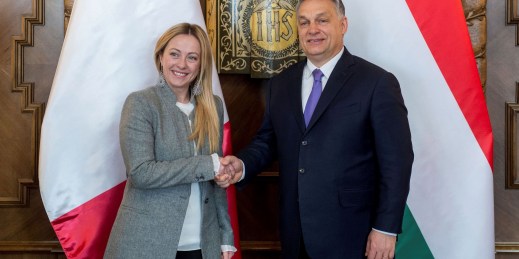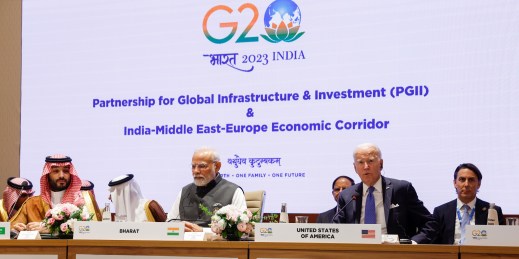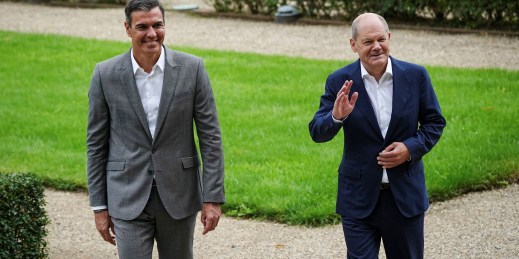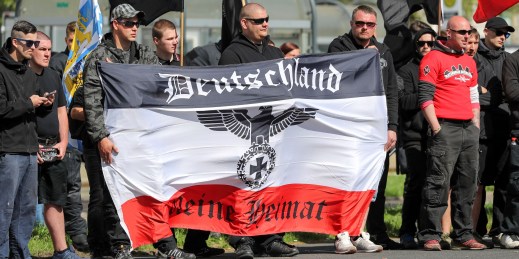
At a far-right conference in Budapest this month, Italian Prime Minister Giorgia Meloni delivered a speech bashing a supposedly “woke” left. But the pro-European Meloni showed more caution in discussing the EU with the famously Euroskeptic Viktor Orban, hinting at divisions between right-wing movements often viewed as natural allies.




